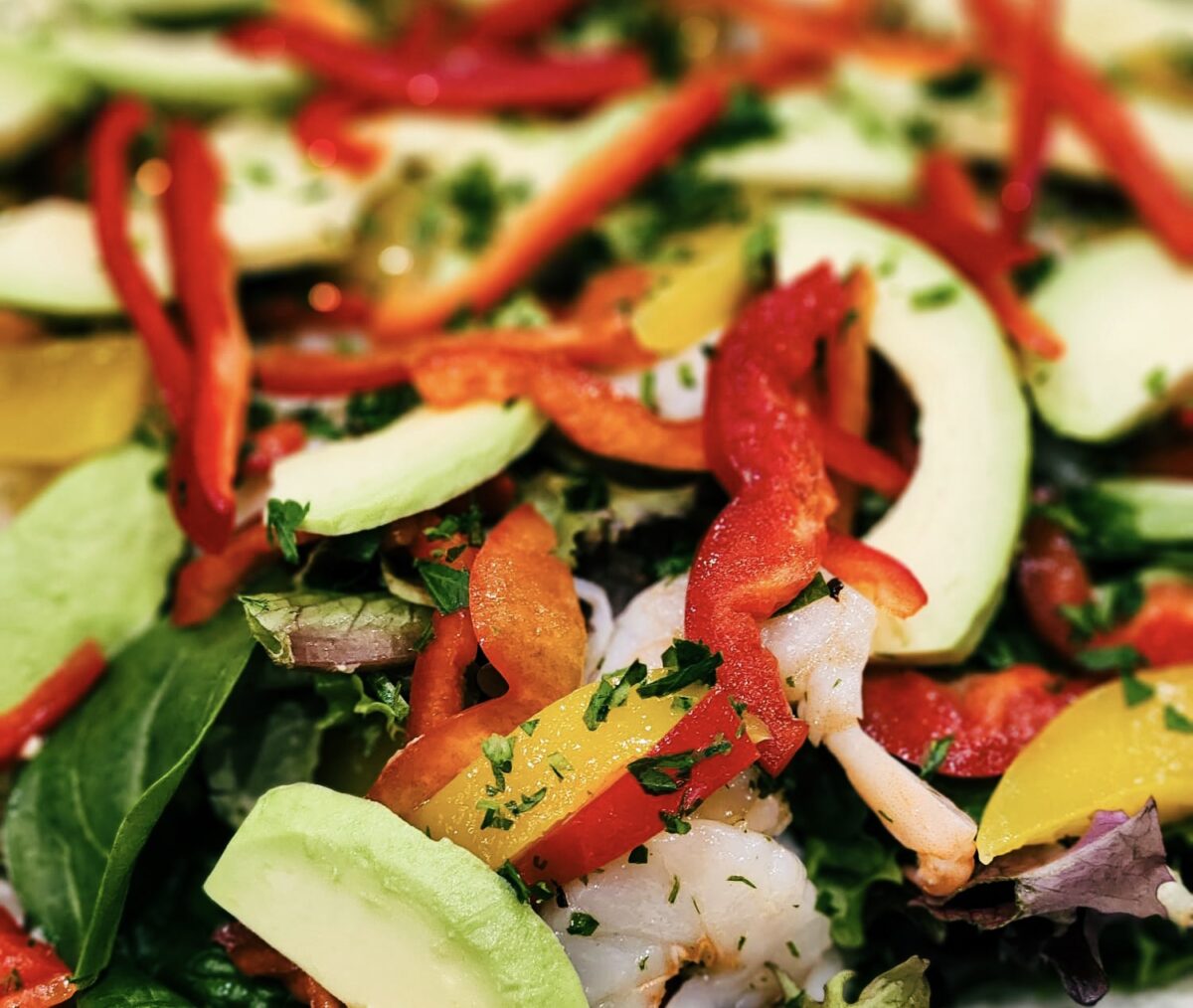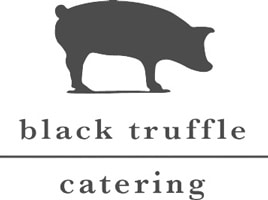From Farm to Table: Elevating Catering with Locally-Sourced Ingredients

In the catering world, buzzwords and trends come and go, but the ‘Farm to Table’ concept has defied the fleeting nature of many trends that came before and after it.
Combined with the phrase “locally-sourced ingredients”, the Farm to Table movement has emerged as a culinary anthem, reshaping how caterers conceptualise their menus, create dishes, and deliver unforgettable experiences.
Globally, what has given momentum to this movement is that customers are recognising the significance of sustainable catering practices and embracing the heightened quality and flavours of food sourced in this way.
However, what exactly is farm-to-table, where does the concept come from, and how can a caterer get in on the scene? We’re going to dig deep into this ever-growing trend and tackle these questions one by one.
Farm-to-Table – This is what it means…
Farm-to-Table is all about embracing the journey of your food, from its roots in local farms to the delicious dishes on your plate. This movement prioritises sourcing fresh, seasonal ingredients directly from nearby farmers and producers, creating a direct connection between the source and your table. Picture this: vibrant vegetables, fresh fruits, and high-quality meats harvested at their prime are transported mere k.m’s to chefs who skillfully transform them into delicious meals.
But it’s more than just a culinary trend; it’s a commitment to sustainability, supporting local economies, and making informed choices about what you eat.
Renowned chef and television personality Cat Cora emphasised, “The farm-to-table movement has brought attention to where our food comes from, how it’s grown, and what it takes to get to our table.”
With farm-to-table, you’re not just dining; you’re experiencing a flavorful narrative that celebrates community, transparency, and responsible consumption.
Its origin story
The farm-to-table concept finds its roots in the 1960s and 1970s as a response to the industrialisation and commercialisation of the food system. It gained momentum during the counterculture movement, with figures like Alice Waters of Chez Panisse restaurant in Berkeley, California, playing a pivotal role. Waters advocated sourcing ingredients directly from local farmers, valuing freshness, seasonality, and sustainability.
This movement sought to challenge the conventional food supply chain by reconnecting people with local farmers and promoting a deeper appreciation for the origin and quality of ingredients.
Growing beyond its grassroots beginnings, the influence of the farm-to-table movement continues to make strides within the broader food industry, inspiring a shift towards responsible and ethical food sourcing practices.
Catering with a Farm-to-Table Approach
Locally-sourced ingredients have profoundly impacted modern catering, celebrating their journey from the farm to the table. Let’s explore three ways this impact has been made.
1. The Essence of Sustainability
In case it hasn’t been made abundantly clear, sustainability is one of the cornerstones of this locally-sourced movement. According to FoodPrint, transportation accounts for approximately 11% of Australia’s total greenhouse gas emissions associated with food production.
Author and journalist Michael Pollan described eating from the industrial food system as “eating oil and spewing greenhouse gases.” In contrast, when caterers adopt a “farm to table” approach, they minimise the carbon footprint associated with transportation and reduce the need for excessive packaging. All whilst supporting local economies, promoting ethical farming practices, and bolstering the community’s resilience
2. The Impact on Community
The shift towards locally-sourced ingredients extends beyond the plate and into the heart of the community. The Australian Food Sovereignty Alliance reported that small-scale family farms make up around 95% of all farms in Australia.
So when caterers source locally, they become integral players in supporting local agriculture, participating in farmers’ markets, and championing the importance of preserving farmland. These efforts contribute to unity and shared responsibility, fostering a greater appreciation for the connection between food and community.
3. Crafting Unforgettable Experiences
Caterers armed with locally-sourced ingredients offer more than just meals; they create experiences. Each dish served embodies the region’s terrain, serves as a testament to the dedication of farmers, and is a tribute to the artistry of chefs.
Whether a corporate luncheon or a wedding reception, the culinary experience weaves flavours that stay with guests even after the event. It’s clear that the rise of locally-sourced ingredients in catering represents a paradigm shift in how we approach food. As caterers champion sustainability, forge connections with local farmers, and craft menus that celebrate their region, they cultivate an experience that’s as nourishing for the soul as it is for the palate.
As passionate advocates for the farm-to-table movement, here at Black Truffle Catering, we’ve embraced this culinary ethos and woven it into various aspects of our operations.
One of our standout approaches is evident in our menu curation. We prioritise using locally-sourced ingredients that are fresher and contribute to supporting the Victorian community. This connection with our suppliers shines through in our artisanal cheese platters and vibrant salads bursting with flavour. These cheeses, greens and vegetables elevate the taste of our dishes, reflect the changing seasons, and showcase local artisans and producers.
By choosing local, we support our local economy and significantly reduce the environmental impact associated with food transportation. It’s a win-win situation that aligns with our values and resonates with clients who appreciate conscious and responsible dining choices.
The farm-to-table movement isn’t just a trend for us at Black Truffle Catering; it’s a philosophy that defines who we are and how we operate. By showcasing the freshest local ingredients, fostering partnerships, and offering immersive culinary experiences, we’re not just providing meals but celebrating the essence of our community, sustainability, and the joy of savouring food that tells a story from the farm to your plate.

